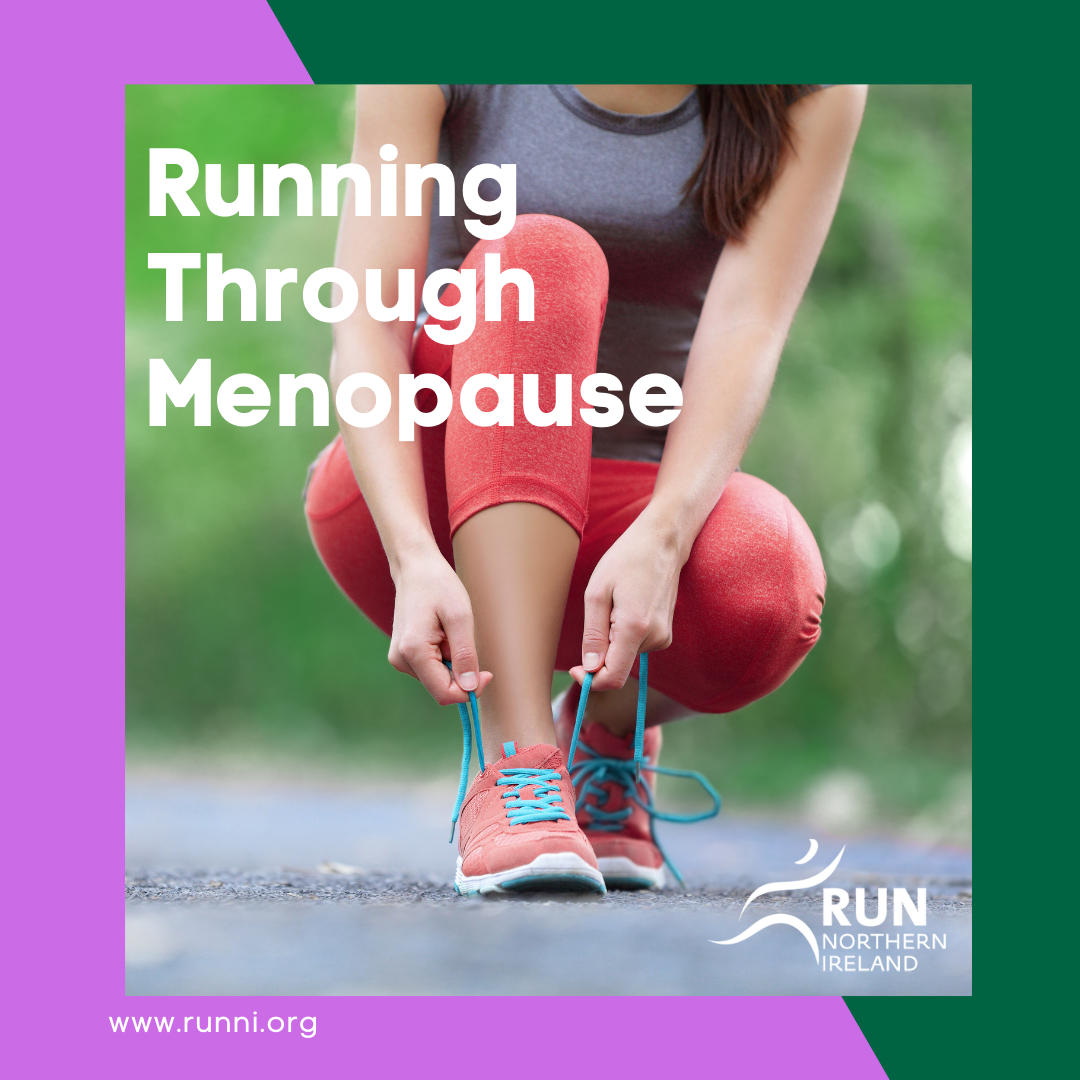Running Through Menopause
Menopause is a natural transition, it is universal but personal to every woman. We as woman need to take control of what is happening to our bodies and make a plan. It’s never too late and it’s never too early to make changes to mitigate symptoms. The better shape you are in physically, mentally and metabolically the better for you.
Phases of Menopause:
PERIMENOPAUSE – the time leading up to menopause. It’s the period when a woman’s hormones are beginning to transition. This phase can last up to 8-10 years and can begin from as early as 35 years old.
MENOPAUSE- 12 months since last menstrual cycle.
POST MENOPAUSE –lowest threshold of sex hormones, higher risk of osteoporosis, cardiovascular disease and diabetes.
Symptoms of Menopause:
Many women can experience a variety of symptoms, as well as changes to their menstrual cycle, including:
Irregular periods
mood changes
vaginal atrophy
low self confidence
depression/ anxiety
hair loss
sleep problems
fatigue
joint pain
heart palpitations
bloating/ flatulence
loss of drive or mojo
migraines or severe headaches
stress and/or urge incontinence
weight gain and slower metabolism
hot flushes/ night sweats
Tinnitus
low libido
cold flashes
short term memory loss
brain fog
No two women are the same, so symptoms will vary and you may have a different experience that others. These symptoms can affect your ability to participate in your normal running activities. Running is a high impact sport, placing a lot of demand on your body, it’s important we keep it is as good shape as possible and are aware of any changes. It is important to look after your health, including maintaining good pelvic health, particularly during this period.
A good way to keep your pelvic floor strong at no matter what age is by doing Kegels (pelvic floor exercises) here are some tips so you can check you are doing them effectively:
If you are having pelvic floor symptoms such as:
Incontinence
Urgency
Pelvic organ prolapse
Pain with intercourse (dyspareunia)
Chronic pelvic pain
Constipation/ obstructive defecation
Disconnection
Ill mental health
It would be advisable to seek professional help, from your Doctor or a registered pelvic health physio. You can find a list of Female Health Physios here.
Resources:
Below are a list of useful books and website that you can use for more information:
Menopocalypse by Amanda Thebe (personal trainer)
Me and My Menopausal Vagina by Jane Lewis
Menopause FAQs
Can I do anything to help my hot flushes when I’m running? I get extremely hot very quickly and have difficulty cooling down?
Wear layers that you can take off as you warm and carry cool water. Keep a flask of cold water in the car or fridge for when you are finished and don’t take too hot a shower when you’re done.
I suffer from urinary incontinence and vaginal discomfort, what can I do to mitigate this?
Kegel exercises are great to do if you suffer for either and an explanation of these is provided on this page. You can buy great over the counter water based lubricants to treat vaginal discomfort. If symptoms persist in either cases please seek medical advice, GP or Female Health Physio will be able to help you further.
I suffer from sleep disturbance, is there anything I can do to help?
Decrease or avoid alcohol as this can attribute to hot flushes. Also avoid caffeine close to bedtime, exercise during the day and not too close to bedtime too.
Is it a good idea to do strength training as I get older?
YES, it’s really important to include strength training into your training program. As woman go through the menopause have a decline in oestrogen production, this leads to loss of muscle mass and strength.



